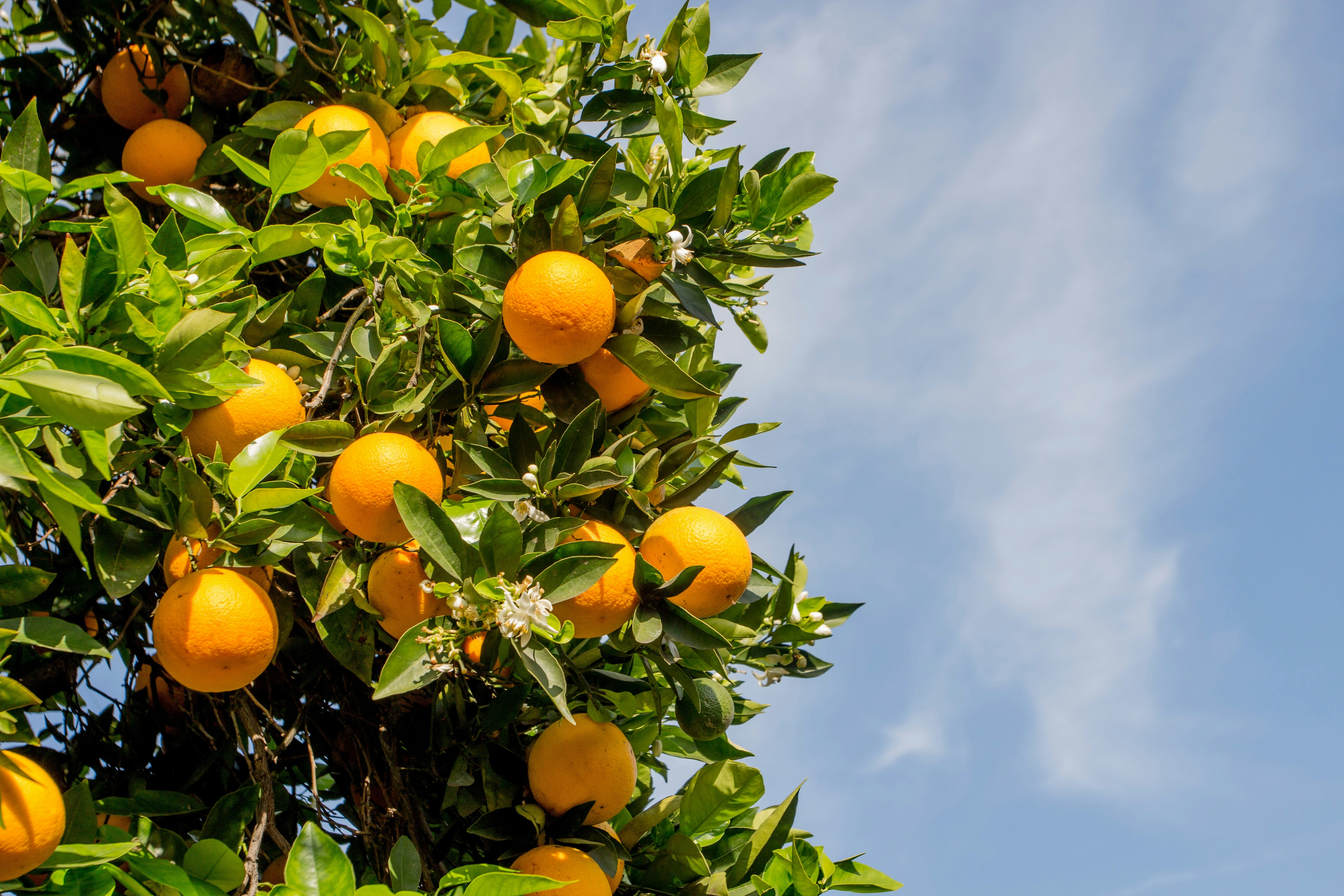Orange juice contains about 450mg of potassium per cup, which is about 10% of the recommended daily value. Potassium is a crucial nutrient that helps regulate blood pressure, support nerve and muscle function, and maintain fluid balance in the body.
How Much Potassium does Orange Juice Have?
As mentioned, an average 8-ounce cup (240ml) contains roughly 450mg of the mineral, potassium. This amount accounts for about 10% of the recommended daily value for potassium. By consuming orange juice, it is possible to increase your potassium intake, as well as other essential vitamins and minerals that are beneficial to your overall health, such as vitamin C and calcium. Some store-bought brands fortify their orange juice with additional vitamins, but be sure to check the label well, as they may also have other unwanted additives.
What other Roles does Potassium Play?
Potassium also plays a crucial role in the body's carbohydrate metabolism, protein synthesis, and other vital functions.
Beneficial for Stress
In addition to to it's main function, the potassium in orange juice provides support to the adrenals and thyroid. These anti-stress nutrients present in orange juice act as a support system for the adrenals, thyroid, and therefore, your overall stress response. Combining orange juice with other fruits and vegetables high in potassium can be a great way to get your recommended value in easily.
Cortisol Production
Adequate potassium and other nutrients are essential for the adrenals to produce a healthy amount of cortisol, which helps in waking up and feeling hungry in the morning. Cortisol decreases once your belly is full.
By drinking fresh orange juice, you can get a significant amount of these nutrients, which are beneficial to maintaining a healthy stress response system.
Cold Pressed vs. Fortified Orange Juice
The method of extracting orange juice can significantly affect its nutritional value. Cold-pressed orange juice is a natural, fresh and holistic option, but can be harder to find without a local juice shop or a cold-press juicer of your own.
However, regular store-bought orange juice may not be as convenient and simple as it appears to be.
The processing of store-bought orange juice is a complex, multi-step procedure. It can be stored for up to a year in large containers before being packaged and sold in stores. The process of pasteurizing and preservation may lessen the overall nutrition of orange juice, worsen the taste, and lead to unwanted additives and preservatives.
Additionally, the amount of potassium in pasteurized orange juice may vary depending on the brand and the type. The pasteurization process involves high heat, which can destroy many of the natural nutrients. Although orange juice may be labeled as “100% orange juice” with a single ingredient listed, it may contain added flavorings, which manufacturers are not required to disclose on the label. Juices sold in stores can also be made from concentrate, which can lead to worse flavor and nutrition as well.
It is important to note that certain brands may fortify their orange juice with potassium as a nutrient supplement, which could result in a higher potassium content compared to those without added nutrients. Moreover, some brands may offer low-potassium or potassium-free variations of their orange juice.
It is advisable to check the nutrition label on the container of orange juice for precise information on the amount of potassium in the product of interest.
Our recommendation
Make your own cold-pressed orange juice or source it from a nearby juice shop. By doing this, you know exactly what your juice contains, when it was made, and how delicious and nutritious it's going to be.



Comment